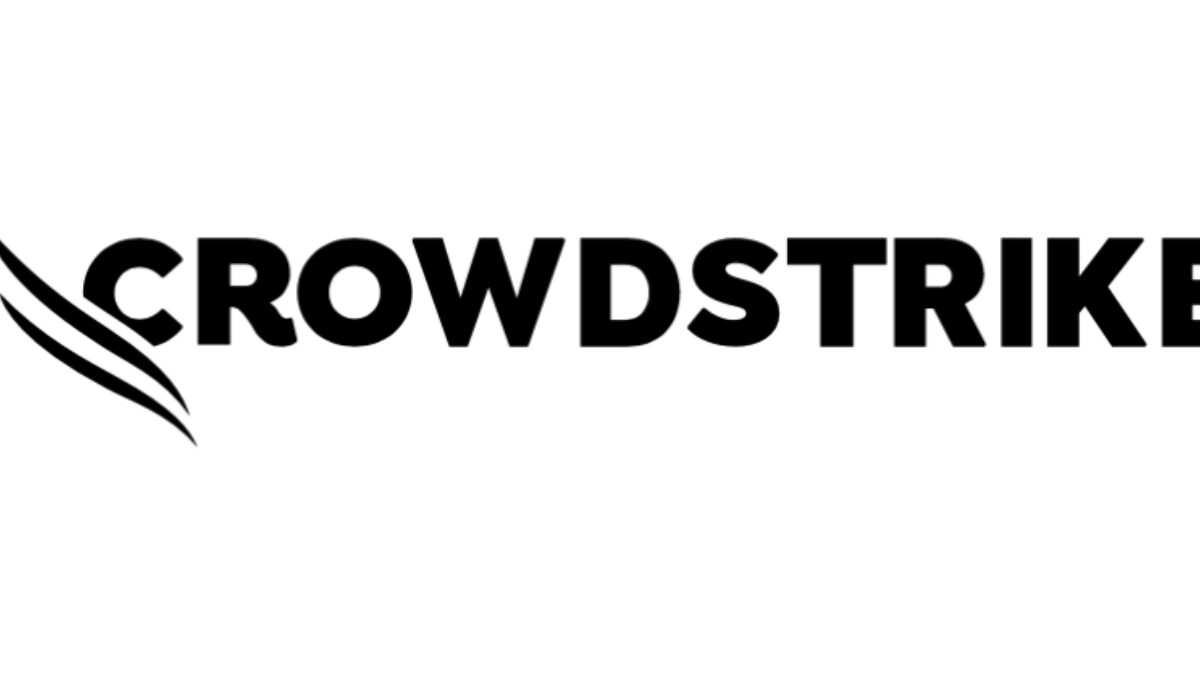The Day the Earth Stood Still: What Happened with CrowdStrike?

By Fay Capstick
On 19th July something strange and quite unprecedented happened: The earth stood still, well nearly. Given that we are at the height of summer blockbuster movie season, you might be forgiven for thinking that ET has finally made contact, but sadly not; it was a botched software update that caused havoc.
This week we shall be looking at the CrowdStrike mistake. Who are they, what do they do, what happened, how was it fixed, and what can we learn?
Let’s get started.
So, who are CrowdStrike?
CrowdStrike was started in 2011. They are a public American company listed on the Nasdaq and based in Austin, Texas.
What do CrowdStrike do?
They provide endpoint security, threat intelligence, and cyberattack response services. They investigate cyberattacks, employ nearly 8,000 people, and have revenue of over $3 billion.
After its founding in 2011, they hired a former FBI staff for their security and response services. In 2013 they launched CrowdStrike Falcon, an antivirus package. If you can remember the Sony Pictures hacking incident in 2014, it was CrowdStrike who found that North Korea was behind it. They have also traced other hacks to Russia and China.
Basically, they are there to try and keep the internet safer from hacking, which seems a worthy (and profitable) goal.
Did anything else go wrong for CrowdStrike in 2024?
It seems this isn’t the first time something has gone wrong this year. In April, a buggy software update issued by CrowdStrike crashed computers running Debian Linux. They took responsibility a day later. A month later in May, they caused another problem for computers running Rocky Linux 9.4.
Nothing went wrong in June, but in July the big one hit Microsoft Windows Machines causing chaos worldwide.
So what happened in July?
On July 19th the world woke up to systems failing. Systems that were specifically running Windows 10 and Windows 11. There was the dreaded blue screen of death on monitors. Millions of computers were hit. Machines were forced into a never-ending boot-loop, making them unusable.
The issue became apparent as the world woke up, sweeping east to west with the time-zones.
This was a problem that mainly impacted enterprise-level systems, with most home Windows computers working fine.
CrowdStrike sent an update, but computers that had been stuck in the boot-loop cycle couldn’t connect to download the update before they crashed again, so not an ideal situation.
The way to fix the situation was by a manual boot into safe-mode and deleting a file. A recovery key might also be required. This also required an administrator, which caused delays while administrators around the world dealt with the systems they controlled.
However, Microsoft reported that some computers were fixed by being rebooted up to 15 times while using an Ethernet connection. A timely operation when some system admins have hundreds of computers in their care.
Was it really the whole world?
Yes and no, it depends on your perspective. China largely avoided being crippled, although foreign businesses and hotels in the country were hit. Russia and Iran, due to bans on using American high-tech systems were unaffected.
What was the impact?
The impact was huge!
Planes were grounded (5,078 flights) and many travellers were manually checked in, departure boards were frozen creating confusion and missed flights. Broadcasters couldn’t broadcast. In the UK Sky News and CBBC went dark. Banks around the world were crippled and the London Stock Exchange was unable to update its news website. London taxis were unable to take credit or debit cards, reverting to cash, and train company ticket machines showed the dreaded blue screen. Many shops worldwide could also only take cash, but some even had to shut as the tills totally stopped working. The NHS couldn’t access patient records, and 911 calls in the US failed in many states. At the Hungarian Grand Prix, Mercedes had to sort their computers before they could start practice. Screens in Times Square were dark. Around the world governments held emergency meetings.
The Earth really did stand still, and the CrowdStrike share price tumbled as it happened.
It has been estimated that the whole situation has cost the world economy $10 billion.
In total 24,000 CrowdStrike customers were hit, which included 60% of Fortune 500 companies, so big names with big networks (with a total of 8.5 million devices).
As many of us old enough to remember the millennium will have thought, this is what we were worried about with Y2K, except it happened without warning on Friday in July twenty-four years later.
What can we learn?
This situation has made it glaringly clear how the world is utterly reliant on computers and that most of them appear to be running the same operating systems and are reliant on the same security software. This obviously puts the economy and the delivery of public services at a disadvantage when things go wrong. The near minimal impact in countries such as Russia and China exposes the Western world to problems.
Elon Musk announced that CrowdStrike had been deleted from the systems in all his companies. Other companies are asking for compensation. The longer-term impact on CrowdStrike will be interesting to witness.
Many questions have been raised about how this could happen, and how we can prevent similar things from ever happening again.
Final thoughts
At Parker Shaw we have been at the forefront of the sector we serve, IT & Digital Recruitment and Consulting, for over 35 years. We can advise you on all your hiring needs. If you are looking for your next job in the IT sector please check our Jobs Board for our current live vacancies at https://parkershaw.co.uk/jobs-board.
